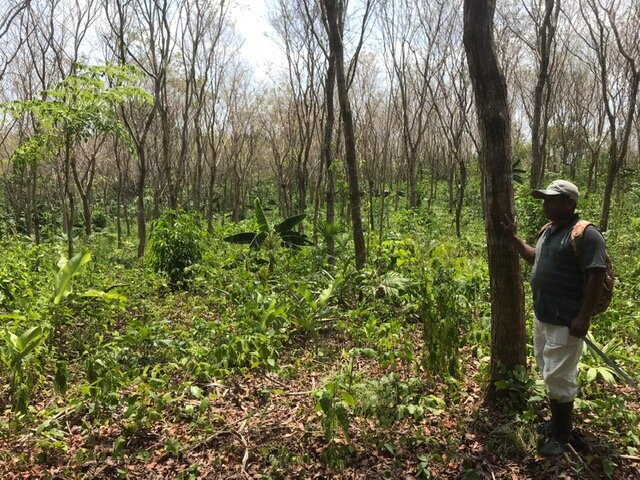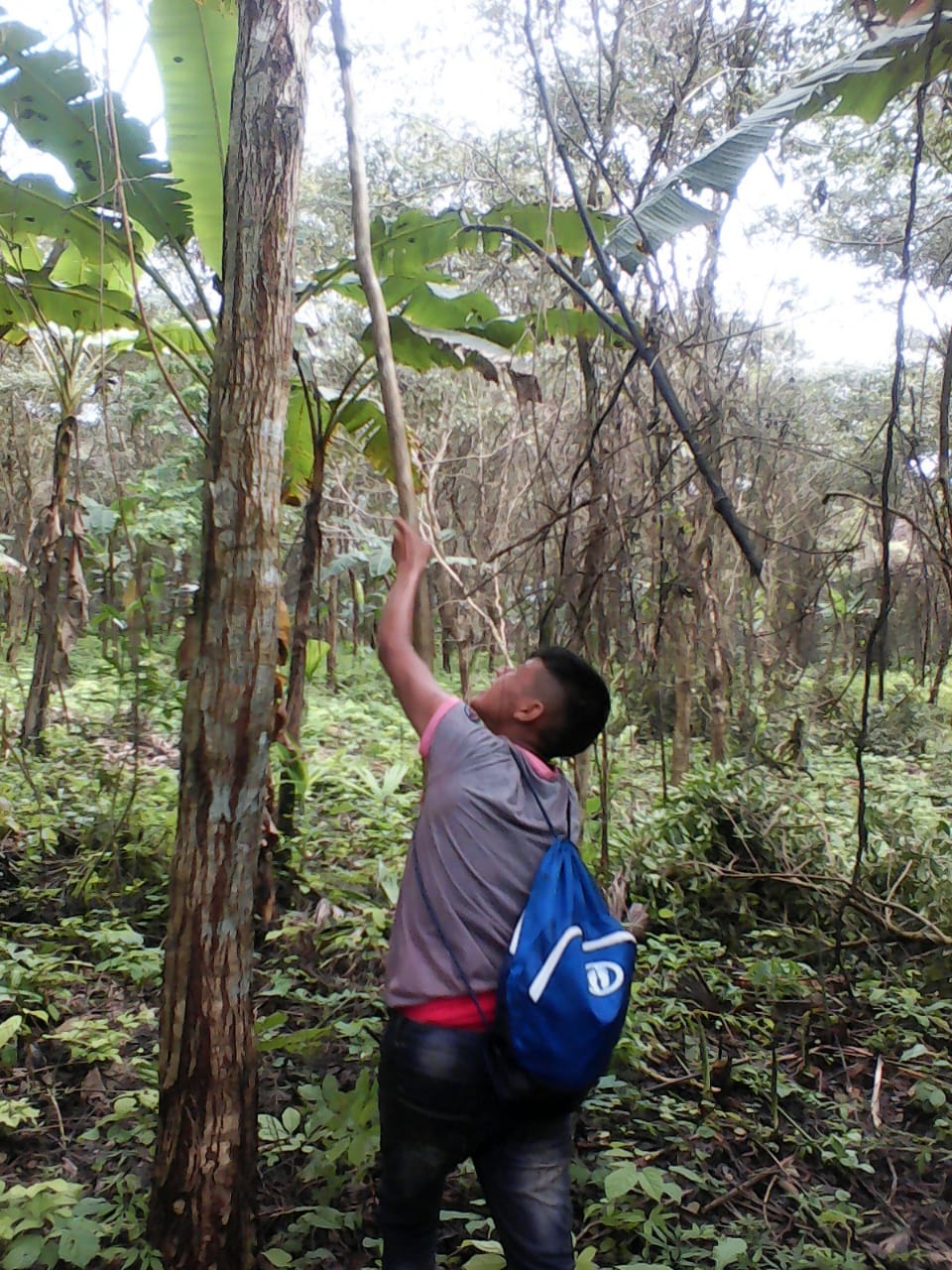Saving Smokey: Protecting U.S. public lands despite rising deficits
/ Editor's note: While we usually blog about international and community forestry issues, the recent fiscal cliff debate has far-reaching impacts on domestic policies that affect forests in public lands in the United States, which we believe are important to address.
Editor's note: While we usually blog about international and community forestry issues, the recent fiscal cliff debate has far-reaching impacts on domestic policies that affect forests in public lands in the United States, which we believe are important to address.
Even though Congress reached a temporary deal that reduced the cuts required by the sequester by $24 billion, the sequester is still a threat because: 1) it was only pushed back by two months and 2) $12 billion of the $24 billion reduction will actually be made up of cuts to discretionary spending in 2013 and 2014. This is the kind of spending that is essential for protecting public lands across the United States.
Prior to the temporary fiscal cliff deal, several environmental organizations released reports that highlight (PDF) the adverse effects sequestration could have on public lands, especially through reduced funding for the National Park Service. Public lands across the country would be left vulnerable to exploitation at a time that is already uniquely difficult for protecting these lands. These cuts not only mean that many national parks will be under-resourced or closed entirely, as the Center for American Progress reports, but the Land and Water Conservation Fund will be severely gutted. This fund helps pay for new land from private sellers for conservation purposes.
The cuts could even induce some state land local governments, already limping from the Great Recession and preparing for the sequestration, to seek revenue streams from their natural resource endowments. In 2010 Wyoming explored selling small plots in the state-owned Grand Tetons and currently, agencies like the Southwest Florida Water Management District are considering selling off tracts of land vital to the local ecosystem. While this strategy is nothing new to policy makers, the current fiscal crisis that state and local governments face is unprecedented.
Exploiting public lands and natural resources might seem like a sensible solution (especially considering that the states that weathered the recession best have abundant natural resources), the American public mostly believes otherwise. A recent poll by The Nature Conservancy showed broad public support for protecting natural resources, despite the deficit.
As Congress decides how to make up the $12 billion shortfall through federal spending cuts, now is the time to make sure that public leaders do not make hasty decisions that might deplete our land and natural resource endowments.



